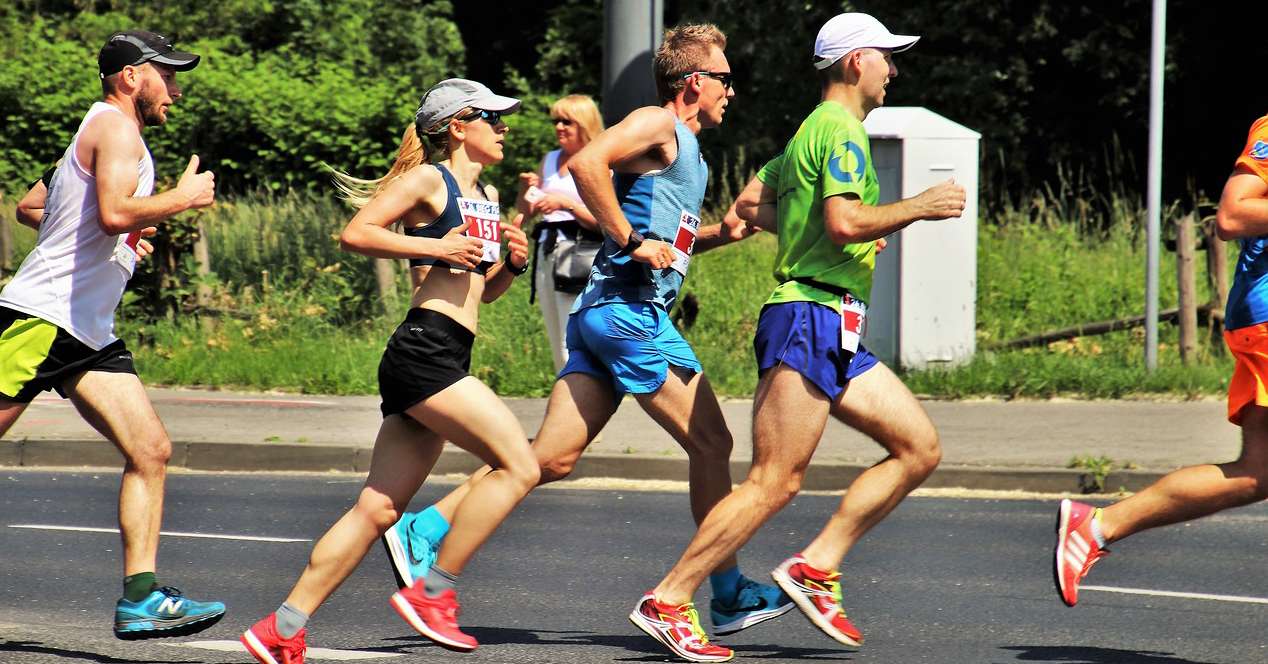
Slow metabolism. You will not be the first nor the last person to complain about this problem for which you do not lose weight, or so you think. If you think that just looking at food you are already putting on weight, I want to show you the key to what is really happening to you.
It is true that there will be people who have endocrine problems that make it difficult to lose weight, but most of them complain of a slow metabolism, even without having any metabolic problem. The real problem is a lack of activity and movement, folks.
To lose weight you need to be in a caloric deficit. It's great that you're actively working (and not sitting in an office), but if you increase your calorie intake, it won't do you much good. If you're trying to lose weight and you blame metabolism (despite blood tests and hormones are OK), I encourage you to keep reading.
The importance of NEAT
It can be a bit complicated to understand how caloric expenditure works in our body, but I will try to reduce the information so that you understand it.
Your basal metabolic rate (BMR) plus the thermic effect of the food you eat, add up to what we call Non-Exercise Activity Thermogenesis (NEAT) or Non-Exercise Physical Activity (NEPA), which determines your energy requirements for each day. The NEAT or NEPA occupies most of the following equation:
BMR + thermic effect of food + NEAT / NEPA = daily energy requirement
The Resting Metabolic Rate (RMR) is the energy requirement that your body needs even if you do not do any activity or remain immobile. The TMB/TMR represents approximately 60% of your total daily energy needs. The thermic effect of food (the number of calories needed to digest food) represents around 10-15% of your energy needs. And the rest of energy depends on how active you are both in training and in NEAT activities (normal life activities like cleaning, shopping, walking…).
The NEAT can represent only 15% of energy expenditure in very sedentary people or up to 50% in very active people. If a woman has a BMR of about 1.000 calories (it's a symbolic and simple number, but not real), she will burn about 150 calories to digest the food she eats each day. She though she can also burn 150-500 more calories per day depending on how active she is.
The truth about your activity level
"But I train and am super active!"
Ok, let's reflect. In one hour of training we can reach burn about 328 calories for every 45 kilograms of body weight. All these numbers are general, each person is different and unique factors such as lean mass, fat, age...
Most people don't train for an hour a day, let's face it. So if you're a person who weighs about 68 pounds and you do 30 minutes of cycling, you might only burn about 246 calories. That is, half a tablet of chocolate.
If you are one of those who train non-stop and still can't lower your body fat percentage, stop to think if you are eating more calories than you expend. Sometimes we have an association that we can increase our calorie intake, but we are not able to determine how much that increase is. Getting fed up with training and allowing yourself a donut a day (if you want to lose weight) will be of no use to you.
Very possibly you do not have a slow metabolism, you just need to move more in your day to day.